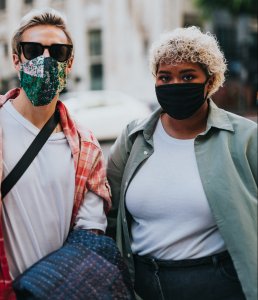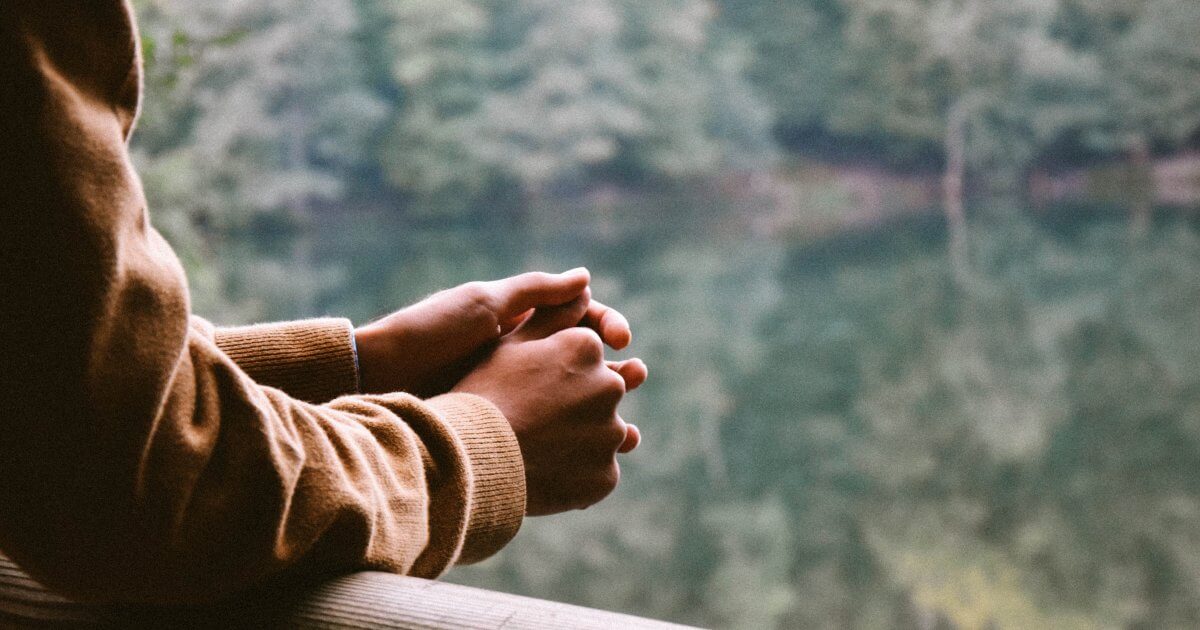Can I Get the COVID Vaccine During Cancer Treatment
- The FDA authorization includes people in cancer treatment — or at least doesn’t exclude them.
- Pfizer hasn’t yet tested the vaccine’s safety and efficacy in people receiving immune-suppressing drugs.
- Like all vaccines, the COVID-19 vaccine might not be as effective in immunosuppressed people as it is in others.
The answer, frustratingly, is "Probably."
Read MoreThe FDA Doesn't Say People with Cancer Can't Get the Vaccine
The FDA has authorized Pfizer's COVID-19 vaccine for anyone age 16 and older. That includes people who are in treatment for cancer. The only people whom the FDA says should not get the shots are people who have a known history of severe allergic reaction to any of its ingredients.Pfizer Didn't Test the Vaccine on People in Active Cancer Treatment or on Immunosuppressive Drugs
While the FDA's authorization doesn't exclude people in active cancer treatment, the clinical trial to test the vaccine did.
Pfizer has plans for future studies that will test the safety and efficacy of the vaccine in immunosuppressed people as well as pregnant women and children under 16.
"There were not patients in the study with cancer. There were just a handful of patients with HIV," Priya Sampathkumar, MD, tells SurvivorNet. "The numbers were so small that you wouldn't be able to make any assessment of efficacy in this group. But, they didn't have any more side effects than the others. That's the only thing that can be said." Sampathkumar is an infectious disease specialist at Mayo Clinic in Rochester, MN.
The 43,548 people who enrolled in the clinical trial were healthy or had a stable chronic disease, including a few people with HIV who were considered stable. People receiving immunosuppressive medical treatments, which would include chemotherapy, immunotherapy, and stem cell transplant, were not eligible to participate in the clinical trial. So, no one knows yet what the effect of the vaccine could be in people getting cancer treatment.
Pfizer has plans for future studies that will test the safety and efficacy of the vaccine in immunosuppressed people as well as pregnant women and children under 16.
The Vaccine Doesn't Contain Live Virus Good News for People in Cancer Treatment
 In general, vaccines that do not contain live virus are safe for people who have cancer. Live vaccines, such as the measles and chicken pox vaccines, on the other hand are not safe.
In general, vaccines that do not contain live virus are safe for people who have cancer. Live vaccines, such as the measles and chicken pox vaccines, on the other hand are not safe.
Related: From COVID to Cancer, Could mRNA Carry the Answer?
"At this time, we feel that the Pfizer and Moderna vaccines would be safe for cancer patients and survivors since it is not a live vaccine," Joleen Hubbard, MD, tells SurvivorNet. "There are other vaccines being developed that are live, so patients undergoing active treatment should not receive those if they make it to market." Hubbard is an oncologist who treats gastrointestinal cancers at Mayo Clinic in Rochester, MN.
Sampathkumar agrees that there probably aren't any safety concerns for people with cancer who want to receive the vaccine.
Vaccines Don't Always Work as Well in Immunosuppressed People
Just like the package insert on the flu vaccine, the fine print on Pfizer's COVID-19 vaccine warns that immunocompromised people may not respond to the vaccine as well as others do. Vaccines prompt the immune system to develop antibodies against a given infection. If your immune system is not operating at full strength when you receive a vaccine, it might not have the intended effect or at least not the full effect.
Related: If You Have Cancer, It’s More Important than Ever to Get a Flu Shot Amid COVID-19
"We just have no idea how well it will work in immunosuppressed people," Sampathkumar says. "Efficacy is somewhat lower in people whose immune systems are suppressed."
That's why Pfizer's fact sheet on the vaccine advices people who are on immunosuppressing medications to let the vaccine provider know before getting the shot.
"That's standard language for most vaccines," Sampathkumar explains. "It helps vaccine providers decide the best time to give the vaccine. Scheduling vaccine midway between two chemo cycles, for example, may be better than right before or right after. If your chemo can be delayed for a couple weeks after vaccination, that might also improve your response."
Related: Is It Safe to Get the Flu Shot During Cancer Treatment?
These types of recommendations also help health providers cover all possible scenarios with individual patients before they administer the vaccine. “The reason for this recommendation is so that providers can discuss what is known and what is not known about the vaccine, so that the individual can make an informed decision,” Weisenberg says.
That said, as long as supply of the vaccine is limited, if it's not as effective in people in active cancer treatment, it might not be available to this group right away.
"You want to deploy the vaccine where it will make the most impact," Sampathkumar says. "That may mean giving it to someone who will be fully protected, and then protects those around them, rather than giving it to a cancer patient who may not respond to the vaccine and could still get infected from people around them."
The Bottom Line: Cancer & COVID-19 Vaccine
Once the vaccine is available to you, talk to your doctor about getting it especially if you are in a clinical trial. "Each entity sponsoring the clinical trial may have important information about how the vaccine could interact with any clinical trial treatment, and even if there's not a known interaction, vaccination while the patient is on treatment in a clinical trial needs to be documented," Hubbard says.
If the vaccine is available to you, and you're cleared to get it, Sampathkumar says, "Definitely get it. And then continue to be cautious about social distancing and masking because we don't know how much you will be protected by the vaccine. But it will definitely be better than not getting the vaccine."
Learn more about SurvivorNet's rigorous medical review process.


